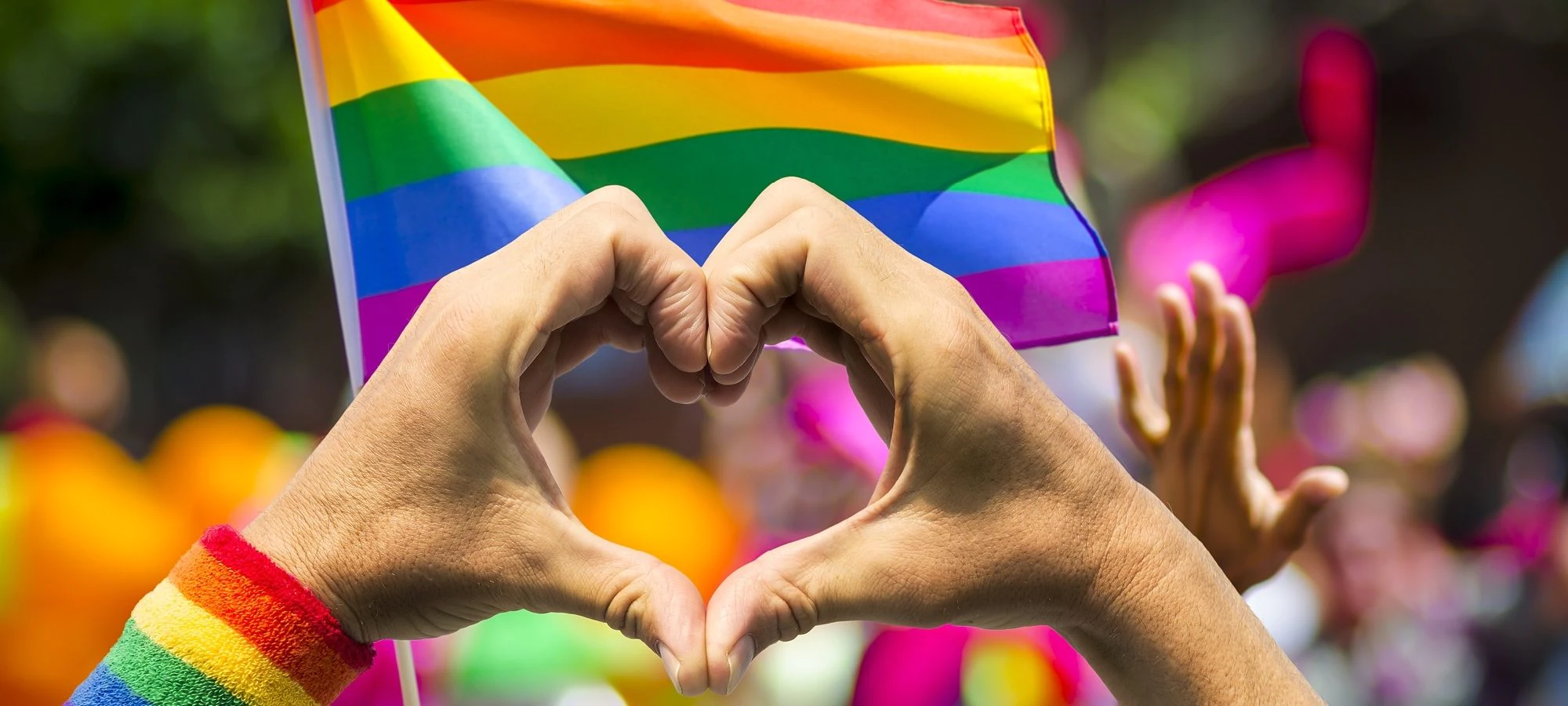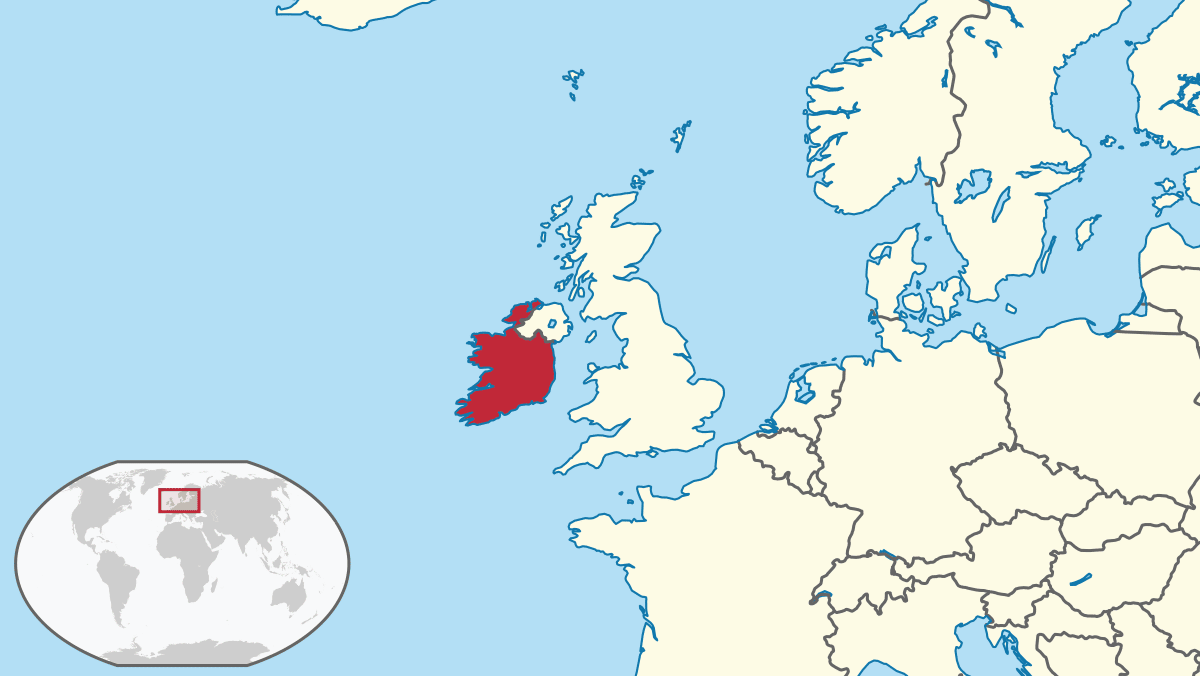Ireland to take stronger action against hate crimes in future
Even in many supposedly tolerant and open countries there are hate crimes against queer people. Ireland has now set out to counteract this very circumstance even more strongly. The Irish cabinet has now passed a first bill that stipulates that people who commit hate crimes against queer people will be punished more severely than is currently the case. The perpetrators are to face a prison sentence of several years.
Although it is (still) "only" a first draft of the law, many queers are already celebrating the decision of the Irish cabinet as a real milestone. After all, many people who have been discriminated against in the past because of their sexual orientation could benefit from this and perhaps even feel a little safer in the future.
The Irish cabinet's decision did not come about by chance, but is the result of a sad development. If you take a look at the current statistics, you will quickly see that the number of cases has risen sharply, both in Ireland and in other parts of Europe.

How can hate crimes be punished in Ireland in the future?
The penalties that perpetrators of hate crimes will face in Ireland in the future will become harsher. For example, those who incite violence against queers (or become violent themselves) can be punished with several years in prison. The draft speaks of a maximum of five years.
Transgender people in particular are increasingly becoming victims of sexually oriented hate crimes.
They are to be given special protection by the new legislation - as, incidentally, are people with disabilities. Factors such as religion, ethnicity or nationality will also play an even more important role here in the future.
"Restrictions" are perceived with mixed feelings
For some queers, the bill does not go far enough. Because: It contains a total of two restrictions.
Any hate crimes are to be investigated in detail insofar as it must first be found out why they happened in the first place. Or in other words: If a transsexual person is the victim of an act of violence, it is a matter of finding out whether the act occurred because of the sexual orientation or, if applicable, for another reason.
In addition, it should continue to be allowed to discuss - sometimes in a contentious manner. Criticism of transsexual issues should accordingly continue to be permitted and covered by freedom of expression. The question is only: "To what extent?". At what point does freedom of speech end and when does the attack or the call to violence begin?
In the meantime, many queers have already expressed their concerns about the new draft law and its wording on the Internet . It remains to be seen how the corresponding requirements will be realized in the future and what effects this will ultimately have on the statistics.

Homosexuality in Ireland: an issue with a long history
For a long time, Irish queers have been fighting for more tolerance. It was not until the mid-1990s that it was established that homosexuality could no longer be considered illegal in Ireland.
However, it took a little longer before it became a criminal offense to discriminate against people on the basis of their sexual orientation in everyday life. And the fact that it is not always possible to break down barriers in people's minds on the basis of new laws alone has been shown more often in this context in particular. Or, in other words, just because it was "suddenly legal" to be gay, for example, did not mean that it was 100 percent socially accepted to have a same-sex relationship.
A special milestone for queers in Ireland, however, is definitely the year 2015. Since then, gay and lesbian couples have been allowed to marry here.